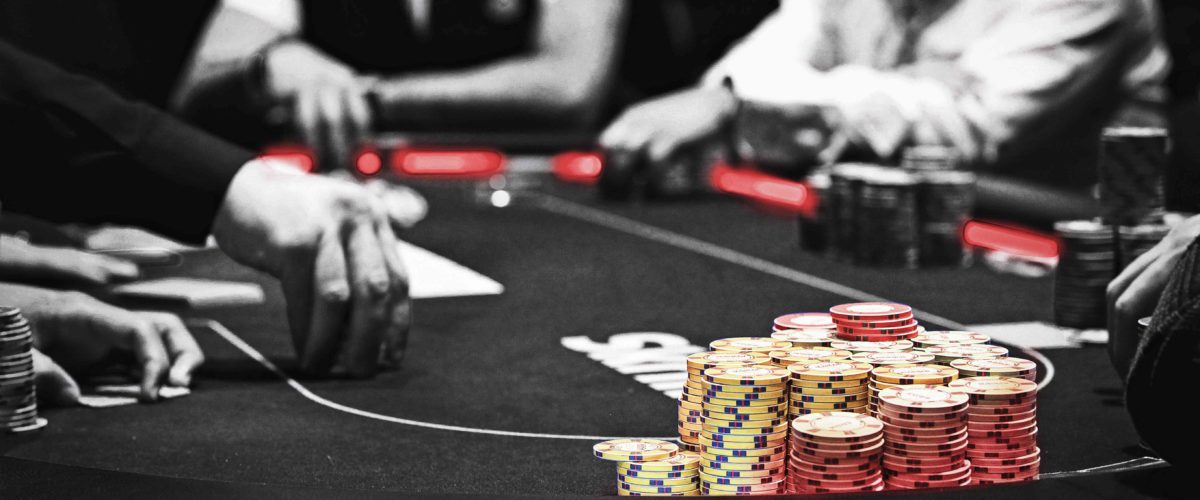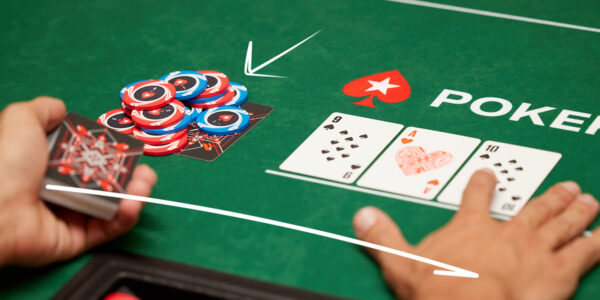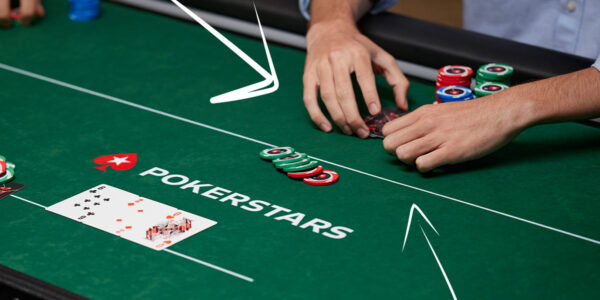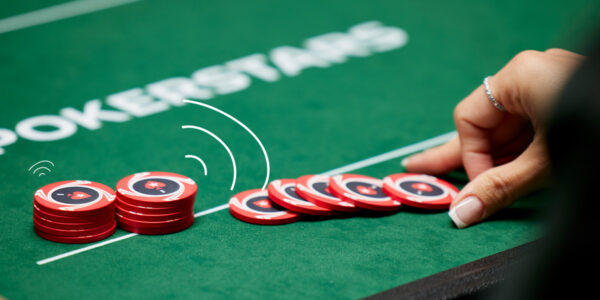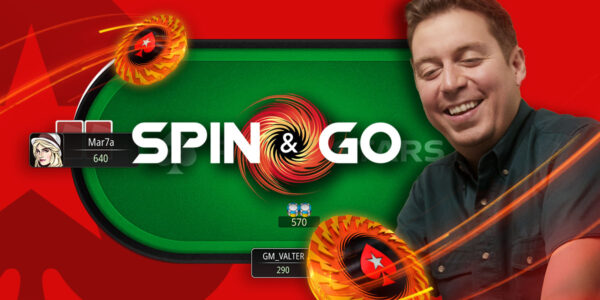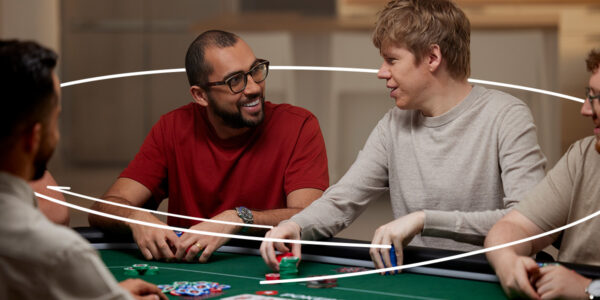Stealing the Blinds Exploitatively
Winning a big pot is one of the sweetest feelings in the game, but sometimes such a feat is nothing more than coolering your opponent or winning a coinflip. In the long run one of the things that separates a winning player from a loser is the ability to steal blinds.
Wasting Away
The natural result of sitting around and waiting for big hands is a slow inevitable bleed of chips. The blinds are extremely destructive to our chances of success. Having to post these small amounts of money over and over again from terrible positions without even having looked at our cards adds up very quickly. If we do not somehow recoup them on a regular basis we will be losing players; no question about it. So how do we go about replenishing our stack from this constant bleed of chips?
How to Steal Exploitatively
The way to win the war of tiny pots is to do a better job of stealing than your opponents and a better job of blind defence. Imagine a 6-handed cash game featuring one tough pro and five tight beginners. The end result of such a line up is similar to a hyena running riot in a chicken coup. The pro will open very wide ranges from late position and his opponents will fall into the trap of passivity. They will fold their blinds too much to small opens, they will fail to 3-Bet often enough to punish the pro for his obnoxious stealing, and they will fail to return the favour when they are on the Button (BU), giving the professional too many walks when it’s his or her turn to post the blind.


An Example
Hero is on the button with 7♣ 4♣ and it folds round to him. In the Small Blind (SB), is a tight recreational player who is following strict hand charts to ‘stay out of trouble’. In the Big Blind (BB), there is a weak passive opponent who likes to see flops but does not get out of line or fight for pots without connecting well on the flop. Hero has a mandatory raise here. To see why let’s try to think about the most common situations that will occur after we raise to 2.5BB as a steal.
- Both players fold. This is of course a fantastic result. Small blind should be folding something like 85% of the time given his strategy and his disadvantageous position. Big blind will like to call often here but may well still fold around 50% of the time at an estimate. We can figure out how often both players will fold by multiplying these estimated folding percentages together: 0.85 x 0.5 = 42.5%. This would not be enough fold equity if we always lost the pot post-flop, but fortunately our post-flop chances are really good, despite the frailty of our holding.
- SB blind folds and BB calls. This is the next most common situation and quite a good one for us. When BB calls, he will usually miss the flop and our read suggests that he is very likely to meekly check and fold when this happens. Our plan then is to C-Bet very often in position and pick up a lot of pots when both players miss. Our hand is terrible here, but with such a reliable amount of fold equity, we do not need to be connecting well with many flops. On top of this, there will be times when our suited hand flops a flush or flush draw as well as times when we manage to smash a flop such as . Even when we get called by BB, we have a very profitable situation.
- SB calls and BB folds. This rarer branch of the tree is also not too bad for us. We get to realise a large chunk of our equity just by seeing the flop so we are thankful that SB entered the pot for a call instead of a 3-Bet. It is true that our hand is in poor shape vs. his range but remember that this player has an ABC game-plan and is likely to proclaim his hand strength to us post-flop. Therefore, we can gain EV by checking behind on many flops and seeing if he wants to bet the turn. If we have nothing, we fold, but if Villain checks again on the turn, this could mean his range is significantly weakened and we now have a very profitable delayed C-Bet (where we wait until the turn to bet). This play works well vs. a stronger range that will play in a face-up manner.
- Both players call. This branch only happens 0.15 x 0.5 = 7.5% of the time. It is notably quite bad for us, but rare enough not to cause too much harm. The upside is that if we are lucky enough to hit the flop hard, we will be grateful for the extra player in the pot.
- We Get 3-Bet. This is the branch that prevents us from profitably opening this hand on a tougher table. When someone 3-Bets and we hold a terrible hand, we are forced to fold and this prevents us from realising any equity post-flop equating to a 100% loss rate of our 2.5BB investment. If we thought that either of these players was going to 3-Bet frequently, we would have to fold this hand. This situation hardly ever arising is the number one factor that justifies this light button open.
Look out for situations where no one is 3-Betting wide and steal blinds relentlessly.
Conclusion
Every time it folds to you on the Button, make sure that you know what sort of players are in the blinds. It might be that a hand which looks entirely unplayable is actually a goldmine in the long-term. Try to steal with a wider range when you know that the players behind you fold a lot, do not fight for pots post-flop, and above all else, do not 3-Bet very often.


